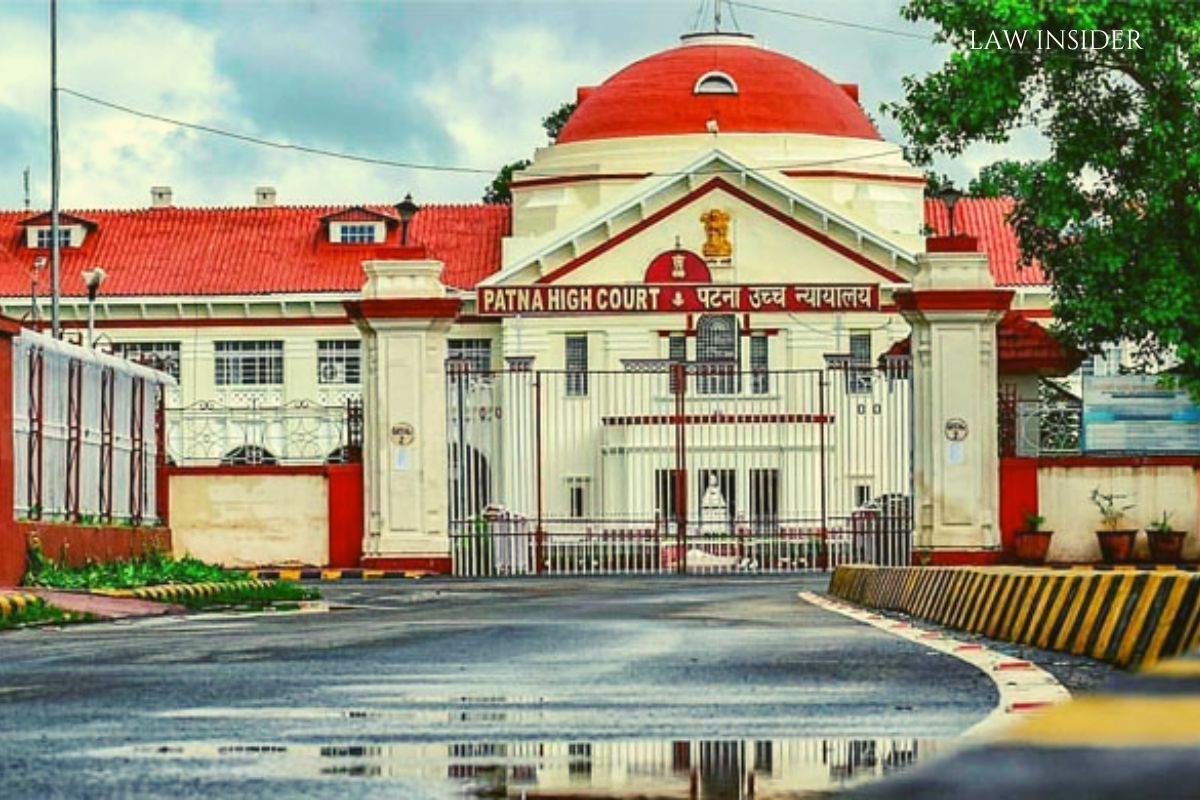LI Network
Published on: January 23, 2024 at 12:50 ISTThe Patna High Court has definitively ruled that the Vishnupad Temple, a focal point for Hindus’ Shraddha rites in Gaya district, is a religious public trust and not the private property of the Gayawal Brahmins, who traditionally serve as priests at the temple.
In a recent decision, a bench led by Justice Sunil Dutta Mishra dismissed the second appeal filed on behalf of a group of Gayawal Pandas, affirming that the temple is a public trust.
The Court emphasized that, according to settled law, when the public at large exercises the right to worship in a temple or over a deity, it qualifies as a public trust. Since the beneficiaries of the Vishnupad Temple are the general public, it is deemed a religious public trust.
The verdict brings an end to the legal dispute over control of the Vishnupad Temple between local priests and the Bihar State Board of Religious Trust (BSBRT).
Background of the Case:
In 1977, a civil suit was initiated in the Gaya court by the Gayawal Pandas and Vishnupad Bhagwan, seeking a declaration that the temple is a private trust, and the Gayawal priests have full control over its management. They argued that it is not a public temple governed by the provisions of the Bihar Hindu Religious Trust Act, 1950.
The suit was decreed in favor of the plaintiff priests in 1993. However, the BSBRT appealed, and in December 2020, the district judge set aside the ex-parte order and decree of June 1993, ruling that the temple is a public trust under the supervision of the BSBRT.
The recent second appeal before the Patna High Court was filed by the plaintiff-priests, challenging the judgment of December 2020.
Arguments and Observations:
The plaintiff-priests contended that, according to sacred scriptures like Agni Puran and Vayu Puran, the Gaya Tirth was handed over to them by Lord Brahma. They asserted their right to livelihood from the Tirth.
The BSBRT argued that the construction of the temple by Rani Ahilya Bai was not exclusively for the Gayawal Brahmins but for the general Hindu population. They emphasized that every Hindu has the birthright to visit the temple, and the Vishnupad temple is not the exclusive property of the Gayawal.
The court, after considering the submissions, noted that Hindus have belief in Purans, Gaya Mahatmya, Vedas, and religious rituals like performing shraadh at Gaya Kshetra. It observed that Lord Vishnu granted a boon to Gayasur, and Rani Ahilya Bai constructed the Vishnupad temple without retaining any interest in it after construction.
The court referred to the Supreme Court’s judgment in the Ayodhya Verdict, stating that once the court has intrinsic material to accept that faith or belief is genuine, it must defer to the belief of the worshipper.
In conclusion, the Patna High Court upheld the findings of the first appellate court, stating that the Vishnupad temple is a public trust and not the private property of Gayawal Brahmins.
About the Vishnupad Temple:
The Vishnupad Mandir in Gaya is known for featuring a 40-cm-long footprint of Lord Vishnu in a basalt rock. According to the belief, Lord Vishnu killed the demon Gayasur at this place, leaving his footprint in the rock. The temple has a rich history, and it is considered a sacred site for performing shraadh and seeking moksha for ancestors.
Case Title: Sri Vishnupad Bhagwan through his next friend Sri Kanhaiya Lal Gurda and others vs. The Bihar State Board of Religious Trust and others

